A Speech About Conduct
Regulatory 2024 and 2025 Cases Worth Noting

Psychology and Regulation Trends
Regulatory 2024 and 2025 Cases Worth Noting Conduct
The current regulatory landscape presents a range of compelling cases and thematic developments that warrant close examination, particularly as the psychiatry regulatory community addresses complex regulatory issues with significant implications across Canada and the United States.
Dale Atkinson, Esq., presented several legal cases at a recent ASPPB meeting, some with a common thread: the judiciary focuses on free speech and conduct. This article abbreviates each of those cases. “Distinguishing speech from conduct is vital to identifying the legal issues related to legislative enactments, the authority of regulatory boards, regulation of the professions, and the rights of practitioners and consumers,” noted Atkinson.
The Canadian Charter of Rights and Freedoms and the First Amendment of the United States Constitution address speech and conduct, which are at the core of some of the cases discussed at the meeting recently held in Quebec, Montreal, Canada.
Validity of Entry-Level/Minimum Competence Examinations in Professional Licensure:
Alameda v. Association of Social Work Boards (ASWB)
The plaintiffs, seeking a class action status, filed a suit alleging racial disparities in social work licensure examinations administered by ASWB on behalf of its Member Boards, the government entities that license social workers. The suit contended that ASWB’s licensing exams disproportionately disadvantaged Black and Latino candidates, resulting in lower passing rates than their white counterparts. The Court granted ASWB’s Motion to Dismiss; a second Motion to Dismiss on an amended complaint is pending.
Intersection of Occupational Licensing and First Amendment Rights:
Richwine v. Matuszak
The case addresses whether state licensing requirements can restrict individuals from engaging in speech-based professions without infringing upon free speech rights. In 2023, the Indiana State Board of Funeral and Cemetery Services ordered Lauren Richwine, a “death doula,” and Death Dula Done Differently, LLC, to cease providing end-of-life guidance unless she obtained a funeral director license and a funeral home license. Richwine contended that her services are fundamentally speech-based, addressing death and dying, and do not require the handling of human remains or other activities traditionally associated with licensed funeral directors. She filed a lawsuit alleging that the state’s requirements infringed upon her First Amendment rights. A preliminary injunction prohibiting enforcement was granted during the pendency of litigation. An appeal was filed in 2024.
Occupational Licensure, Free Speech, and Telemedicine:
Hines v. Pardue
The case is important because it addresses the intersection of professional licensing, First Amendment rights, and telemedicine. Dr. Ronald S. Hines, a retired and physically disabled veterinarian from Texas, provided veterinary advice to pet owners via email and his website without conducting in-person examinations. In 2013, the Texas State Board of Veterinary Medical Examiners disciplined Dr. Hines for violating a requirement to establish a veterinarian-client-patient relationship (VCPR) through a physical examination before offering such advice. Dr. Hines challenged the law, asserting it infringed upon his First Amendment rights. After a decade of legal battles, the 5th Circuit found that the online advice activity is speech, not conduct, and that the requirement of an in-person encounter does not survive intermediate scrutiny.
Brokamp v. James and Brokamp v. District of Columbia
In April 2021, Elizabeth Brokamp, a counselor licensed in Virginia, filed a lawsuit against New York officials, including Attorney General Letitia James. She argued that New York’s requirement for in-state licensure to provide mental health counseling, even via teletherapy, infringed upon her First Amendment rights and was unconstitutionally vague. She sought to offer counseling services to New York residents without obtaining a New York license, asserting that her speech-based therapy should be protected under the First Amendment. Her clients relocated to D.C. and New York; she was not licensed in either area. However, she maintained a professional relationship and provided services via technology. The N.Y. case motion to dismiss was granted in favor of the State. However, the D.C. case motion to dismiss was denied, and that case remains pending. In March 2024, the U.S. Supreme Court declined to hear Brokamp’s appeal, effectively ending the case in favor of New York’s licensing requirements.
Professional Regulation, Freedom of Expression, and Professional Responsibilities:
Peterson v. College of Psychologists of Ontario
Dr. Jordan Peterson, a Canadian clinical psychologist and prolific social media figure, was scrutinized by the College of Psychologists of Ontario (CPO) over public statements on social media and other platforms that “may be“ degrading, demeaning, and unprofessional.” The College issued a non-disciplinary Statement of Concern and Remediation Plan (SCERP). Patterson challenged, and the Superior Court upheld the College’s actions. Subsequent appeals by Peterson were denied, ending his legal avenues to contest the College’s directive. The case underscores that regulated professionals in Canada are held to standards that extend beyond their clinical practice. Regarding freedom of expression, protected under the Canadian Charter of Rights, such rights can be reasonably limited for professionals to maintain the integrity and trustworthiness in the profession and to align public communications with the ethical standards of their profession.
Restrictions on Professional Speech and Religious Freedom:
Chiles v. Salazar
Colorado law bans conversion therapy for minors under the 2019 Minor Conversion Therapy Law (MCTL), prohibiting licensed mental health professionals from engaging in practices aimed at changing a minor’s sexual orientation or gender identity. The law includes an exemption for counselors involved in the religious ministry. A licensed professional counselor and practicing Christian filed a lawsuit challenging the MCTL, asserting that it infringed upon her First Amendment rights to free speech and free exercise of religion. She contended that the law prevented her from providing counseling consistent with her and her patients’/clients’ religious beliefs to minors seeking to align their sexual behaviors or gender identity with those beliefs. The District Court denied a Motion for a Preliminary Injunction, finding that the law regulated conduct and only incidentally involved free speech, and the 10th Circuit affirmed. In March 2025, the United States Supreme Court agreed to hear the case, signaling its intent to address the constitutional questions surrounding the regulation of professional speech and the balance between state regulatory power and free speech rights within a professional context.
First Amendment and Service on State Boards:
Cubin v. Wyoming Governor
This case is noteworthy because it underscores the conflict of interest from mixing trade and regulation. Dr. Frederick William “Eric” Cubin III is a radiologist in Wyoming who was appointed to the Wyoming Board of Medicine by Governor Mark Gordon in 2023 and was reappointed in 2024. In early 2024, during legislative discussions on Senate File 99—commonly called “Chloe’s Law”—which aimed to prohibit specific gender-affirming procedures for minors, Dr. Cubin emailed the Wyoming House of Representatives, expressing his support for the bill. He also criticized the Wyoming Medical Society (WMS) for opposing the legislation, alleging that the organization did not represent the views of all Wyoming physicians. The Governor removed Dr. Cubin, citing a conflict of interest and impartiality of the Board. The board member sued for reinstatement and damages. In 2024, a motion for a preliminary injunction was denied. Dr. Cubin appealed the decision to the U.S. Court of Appeals for the Tenth Circuit in March 2025, arguing that his dismissal directly responded to his protected speech and thus was unconstitutional. A ruling remains pending.
Due Process within Higher Education Disciplinary Procedures:
Dudley v. Boise State University
Chelsey Dudley graduated from Boise State University (BSU) in May 2022 with a Bachelor of Arts in Social Work. She passed the examination and was licensed by the Board of Social Work Examiners. In November 2022, BSU informed her that her grade for the required internship course had changed to failing due to alleged misconduct involving unauthorized access to confidential client information. This change led to the rescission of Dudley’s degree and the invalidation of her transcripts. Dudley sued for due process, property interest, and liberty interest violations. The District Court granted the school’s Motion to Dismiss, holding that the relationship between the college and the student is contractual, and no property or liberty interest exists.
Deference to Administrative Agency:
Loper Bright Enterprises v. Raimondo
In Loper Bright Enterprises v. Raimondo, the United States Supreme Court overruled the Chevron deference principle that, since 1984, directed courts to give deference to federal administrative agency interpretations of ambiguities in statutes. In the wake of Loper, courts now undertake de novo review of agency interpretations of laws. The SCOTUS based its ruling on the federal Administrative Procedures Act, which recognizes the judicial branch of government’s role in reviewing appeals from an administrative ruling. This ruling only affects the review of federal agency decisions but may influence state approaches to appeals of regulatory board decisions. Loper Bright Enterprises v. Raimondo marks a pivotal shift in the balance of power between the judiciary and federal agencies, emphasizing the courts’ role in interpreting laws and potentially reshaping the future of federal regulation.
Federation/Association Governance and Discrimination :
Vanterpool v. Federation of Chiropractic Licensing Boards
The case addressed governance and discrimination issues alleged by an elected Board of Directors member of the Federation of Chiropractic Licensing Boards (FCLB), the equivalent of ASPPB. The Board Member was subject to a six-month suspension to receive training on her roles and responsibilities as a BOD member. FCLB paid for the training. The Board Member filed a lawsuit alleging breach of contract, racial discrimination under 42 U.S.C. § 1981, and conspiracy to interfere with civil rights against FCLB and its leadership. The case went to trial, resulting in a jury verdict in favor of FCLB, finding that there was no contract and no discrimination.


